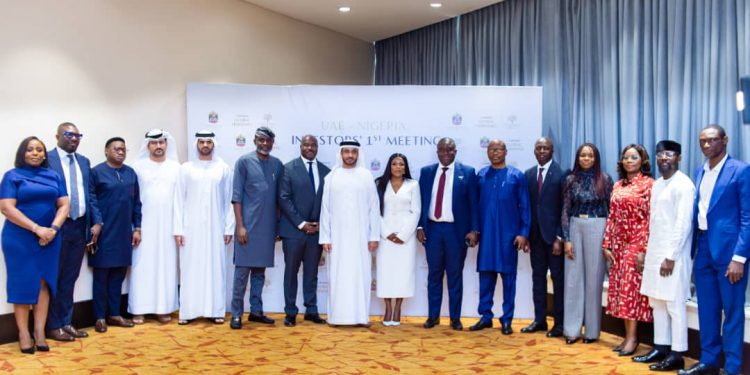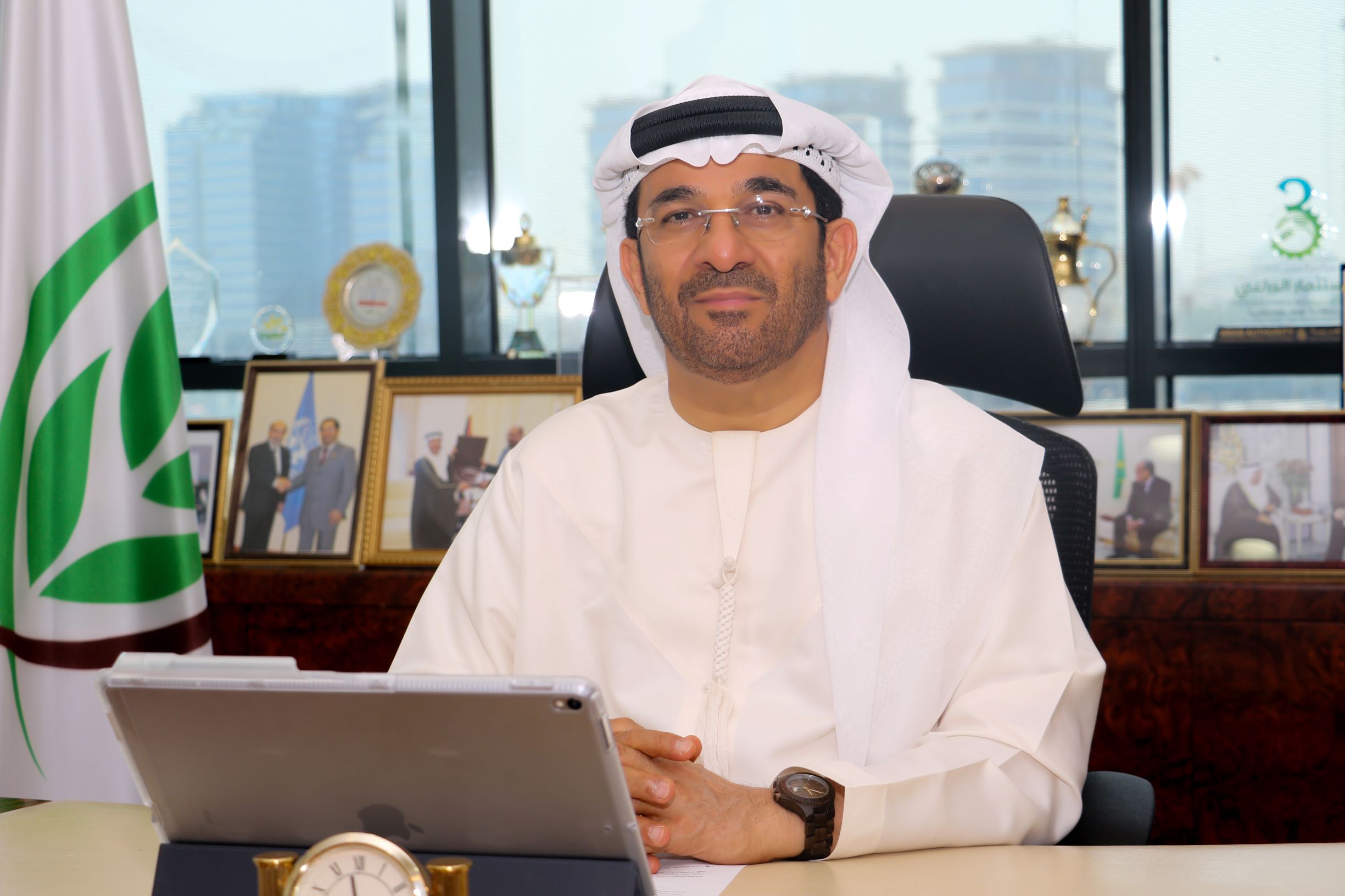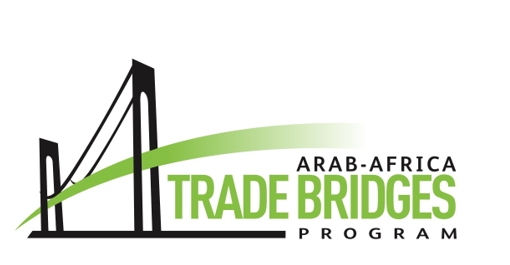Trade between Nigeria and the United Arab Emirates rose to $4.3 billion for non-oil commodities in 2024, marking a record high in the bilateral relationship. The UAE Consul-General in Lagos, Salem Al Jaberi, disclosed this during a meeting with Master’s degree students from the Department of Diplomacy and Strategic Studies at the University of Lagos, who visited the consulate as part of their field training.
Al Jaberi described Africa as a unique hub for business opportunities, noting that the UAE ranked second in foreign direct investment on the continent in 2024. He said Nigeria remains one of the Emirates’ most strategic partners in Africa, with Lagos serving as the region’s economic capital.
“The trade relations between the UAE and Nigeria reached $4.3 billion for non-oil commodities in 2024. However, the numbers could be much higher with better partnerships across the board,” Al Jaberi said.
He highlighted that the UAE was among Nigeria’s top five trading partners in the second quarter of 2025, stressing that the consulate’s role is to facilitate access for UAE investments through business-to-business, business-to-government, and government-to-government engagements. He also revealed that the UAE has signed a Comprehensive Economic Partnership Agreement with 11 countries, including Kenya and India, and expressed optimism that a similar pact with Nigeria would further ease trade across borders.
The visit, according to Associate Professor of Diplomacy and Strategic Studies at UNILAG, Henry Ogunjewo, gave students a rare chance to connect theory with practice. “We teach about economic relations and diverse kinds of bilateral ties, but this has been a beautiful outing. These Master’s degree students are ready to explore partnerships with the UAE as they bid to become first-class diplomats,” Ogunjewo said.
He added that the UAE has been too conservative in showcasing its work in Africa and Nigeria, calling for greater public awareness of the economic opportunities, cultural ties, and humanitarian efforts driven by the Emirates.
Speaking on behalf of the students, Chizoba Benson thanked the consulate for the opportunity, expressing hope that future collaborations would extend into research and other forms of diplomatic exchange.
Trade figures from 2023 set the context for the 2024 record. According to UN COMTRADE data, the UAE exported about $1.42 billion worth of goods to Nigeria, mainly vehicles, electrical and electronic equipment, and machinery. Nigeria, in turn, exported about $1.32 billion, with pearls, precious stones, metals, and coins making up the largest share, followed by mineral fuels and oils.
The balance of trade in 2023 favoured the UAE, underscoring structural differences between both economies: Nigeria’s reliance on raw and precious commodities, and the UAE’s strength in manufacturing, logistics, and processing. Experts suggest that Nigeria could close the gap through value addition, diversifying its exports, and negotiating trade agreements that prioritise processed goods.
As officials and business leaders on both sides push for stronger cooperation, the challenge remains clear whether Nigeria can transform its exports from raw materials into higher-value goods to balance one of its most strategic trade relationships.










